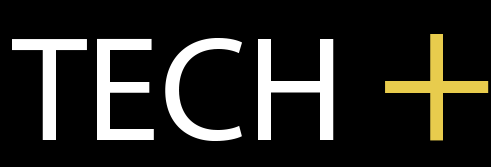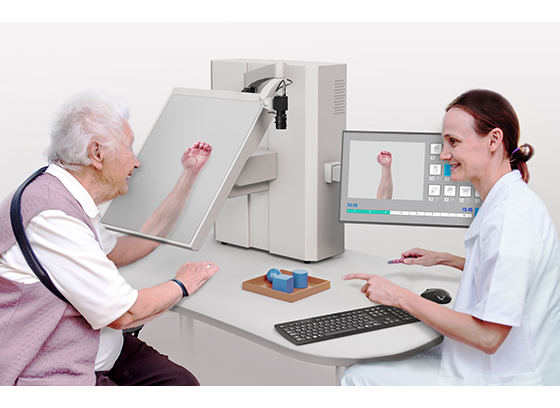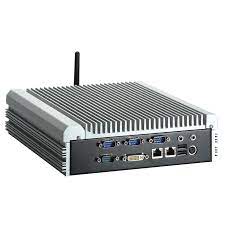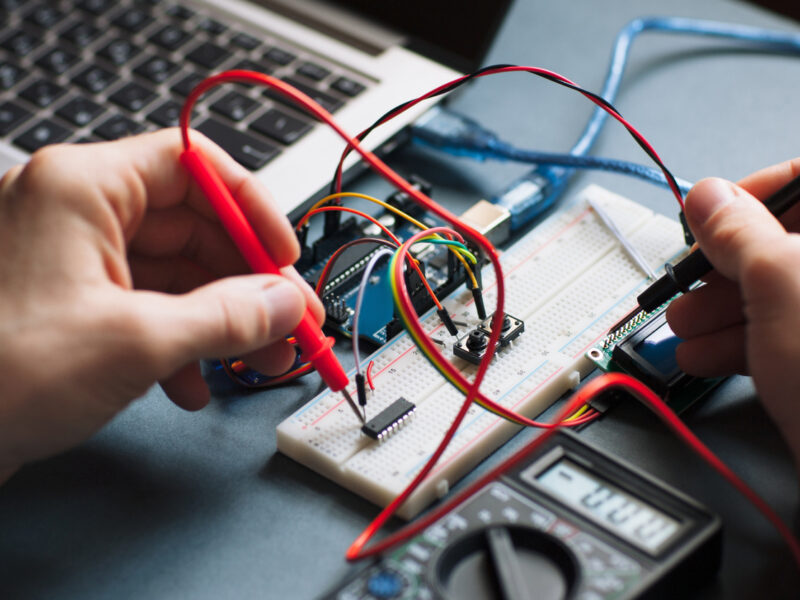Introduction
Nexcom improves the movement of affected limbs after a stroke. The original approach of Embedded Computer as the name implies, involved using a box with a mirror for this treatment method. Nowadays, the mirror is replaced with a modern slim computer using high-resolution cameras and displays that bring this treatment method into the 21st-century healthcare system.
Overview
On our customer’s mirror therapy device, the high-resolution screen might be the standout feature, but providing silent and powerful performance in the background is the NDiS B537 fanless embedded system multimedia player. This embedded system provides the perfect combination of features to fit with the design principles that are key for medical devices. The embedded system is compact, yet packs some computing punch. It works tirelessly and does it silently to maintain the quiet of the medical facility. Finally, it provides integrators with the complete customization needed for seamless product branding.
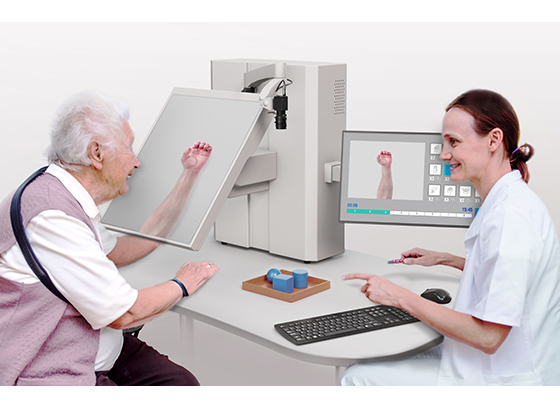
Slim and Powerful
Getting computing power into a compact package is no easy task, and the Intel® i7-7700T long-term support CPU does the trick. It provides the horsepower for delivering smooth graphics at up to 4K2K and supporting the various I/O. The slim computer design of the system makes it perfect for integrating into the mirror therapy system where there’s not much space inside. Other powerful features include four USB 3.0 ports that connect to high-definition cameras, support for up to two 4K screens, and Wi-Fi through a mini PCIe card.
Quiet and Reliable
Going fanless is the key to a noise-free embedded computer suitable for a medical office. The NDiS B537 does this without sacrificing computer performance, while harnessing the advantages of keeping harmful dust out of the system, thereby increasing system life. Importantly, the I/O combination is just right for this application, providing just the right balance of extras for reliable operation, while still keeping costs in check. Amongst the external connectors, there’s HDMI to connect to the display (multi-display support available), RS-232 for console management, USB for maintenance, USB for camera movement detection, and LAN and Wi-Fi that allow content management.
Full Customization
Great products need great branding, and that brand consistency runs through every detail of the product. To give the customer full control over their branding, the BIOS is set to show the customer’s logo and branding, showing their own logo right from the time the mirror therapy system is turned on. Beyond hardware considerations, this small step is the icing on the cake that transforms a potentially “hack” retrofit into a fully integrated, seamless system. On top of that, NEXCOM offers a wide range of flexible services to customize many different aspects of the hardware.
Conclusion
The NDiS B537 is the ideal computer for a mirror therapy system and for other medical machine integration. Small and slim design fits almost everywhere, while still having ample processing power. The reliable industrial computers design keeps out dust and makes no noise that could disrupt the quiet of medical facilities. All of this comes in a fully customized package for the ultimate polished user experience.
Application Diagram
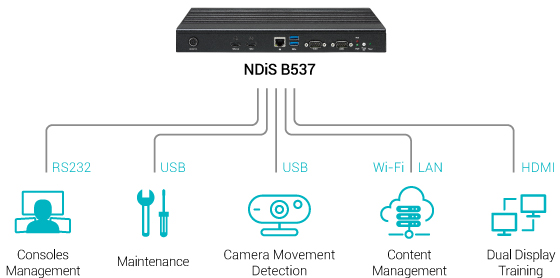
Key Features for Application Needs
- 7th Generation Intel® Core™ processor
- Support HDMI 2.0 output (4K2K/60Hz support)
- Compact and slim design (H: 33mm)
- Support socket type CPU up to 35W
- NGFF/mini-PCIe slot support Wi-Fi and 4G module
- Fanless design
